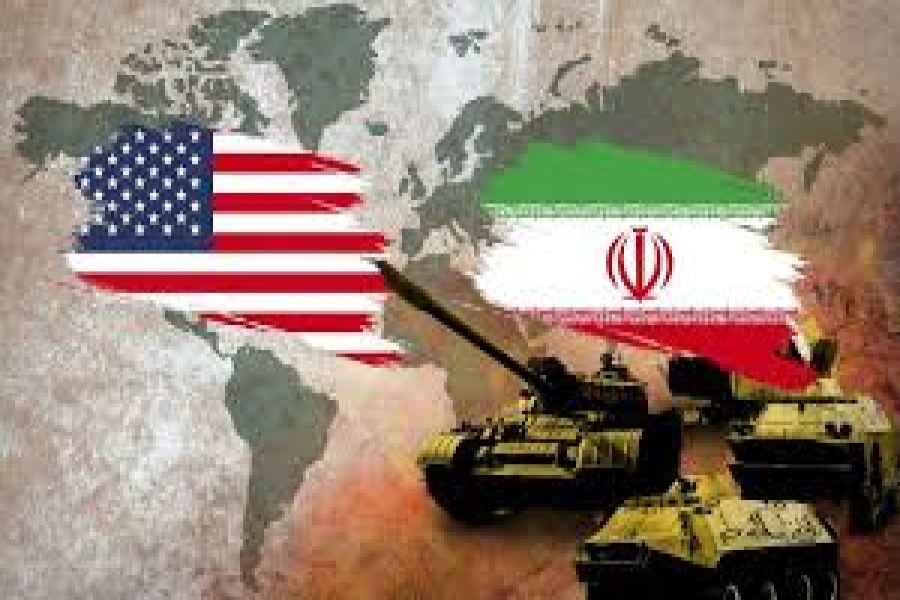KATHMANDU, May 24: While stating that construction of the trans-border railway between Nepal and China through high-altitude mountain terrain is not an ‘easy job’, Chinese ambassador to Nepal Hou Yanqi has said that they have the determination to implement the project even as it requires further ‘scientific studies’.
Speaking to a group of journalists at China’s embassy in Kathmandu Thursday, the ambassador said construction of the railway in the difficult geography of the highest place in the world is a challenging task that not only requires further scientific studies but also patience. “It is not easy job. It is not job that today we have this political decision and tomorrow we have that [implemented]. It is not like that kind of project,” she said.
Hou said the construction of a railway through the highest altitudes and most inhospitable terrain requires further scientific innovation. “We need further scientific studies, feasibility studies,” she said.
Stating that the construction involves four different phases, including pre-feasibility study, feasibility study, design of the railway and the actual construction work, Hou said that Nepal and China had concluded just the first phase of the project so far.
Chinese side submits preliminary study report for Kerung-Kathma...

“Though this is a long-term project, we have determination to continue our work... Also, [we should] not look forward to completion in two years or three. We need to have very scientific attitude to this kind of project,” she further said.
The joint communiqué issued after the conclusion of the second Belt and Road Forum for International Cooperation held in Beijing in April has incorporated a Nepal-China Trans-Himalayan Multi-Dimensional Connectivity Network including the Nepal-China cross-border railway. Analysts in Nepal say the mention of the railway in the BRI Forum documents boosts Nepal’s hopes of a cross-border railway.
Although there is consensus across parties that Nepal should develop a cross-border railway network with China, there are differences whether the project should be implemented under loans. The main opposition Nepali Congress has argued that the multi-billion dollar project should be executed only under grant.
Asked if the two countries had already reached agreement on the funding modality for the railway, Ambassador Hou said that they have not yet reached the point of negotiations over funding modality. “[Nepal’s] Railway Department is currently working on the funding of the feasibility study. We are currently holding discussions on the feasibility study. [This is] because feasibility study also needs a big amount of money,” she further said.
Responding to a question if the Chinese side is willing to develop the railway network to Nepal under grant, Hou said they will be in position to discuss this issue only after the feasibility study is over. “This may be discussed after the feasibility study is over. This will give us an idea how much it will cost,” she added.
Hou refuted suggestions from various quarters that BRI projects add to the debt of some countries and create a ‘debt trap’. “Business, as the main player in BRI cooperation, will naturally act according to the law of the market so they do not end up losing money. For most developing countries, they need funds and investment in order to achieve development,” she said, adding that China had been providing them funds on the basis of consultations and without any political strings attached.
Arguing that BRI does not harbor any hidden geopolitical agenda, the envoy said the debt problem of developing countries had a much longer history and so it would be unfair to blame BRI or China for any ‘ debt trap’.
Hou lauded President Bidya Bhandari’s participation in the second BRI Forum for International Cooperation. The envoy also informed that the Tatopani border point will be opened for cargo vehicles from next week. It had closed after the 2015 earthquake.






































